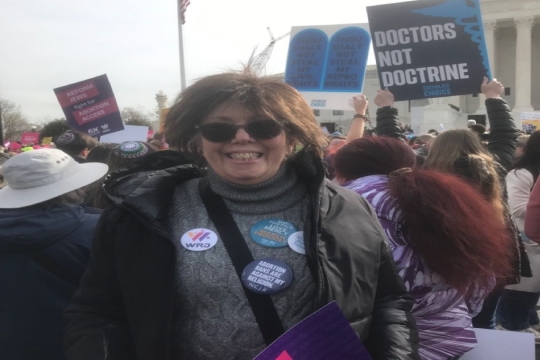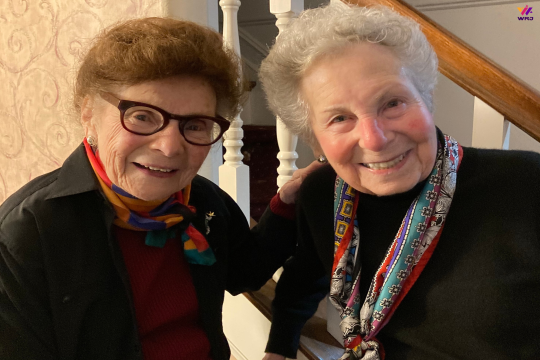I attended an event held at the UN on March 15, 2017 entitled, “A Year of Focused Actions to Combat Violence Against Women and Girls.” The sponsoring party was the European Union. This was held on the occasion of the International Day for the Elimination of Violence Against Women, which was the 25th of November, 2016. The stakes are high: one in three women will face sexual abuse or harassment in her life. 76% of people arrested in sex trafficking cases are women and girls. In women aged 15-44, gender-based violence accounts for the same percentage of women who will be affected by cancer.
The European Commission states that, “Violence against women and girls can only be combated if we address the problem from all directions, at all levels, from local communities (such as police officers) to national government and international organizations. Civil society organizations, social partners, and academia all have important contributions to make.” This aspirational vision is one of the Sustainable Development Goals of the UN.
All speakers were high-level minsters of government agencies in their member countries: Malta, Portugal, Namibia, Italy, The EU, WHO, and others. As usual, they were articulate, insightful, and well-prepared. They spoke of partner violence and marriage violence, calling it ‘sticky and pervasive,’ saying ‘femmacide’ doesn’t go away. The Minister of Gender Equality and Labor Welfare of Namibia said to not ask why doesn’t the woman leave her abusive partner, but rather how do we get the violence to stop? She didn’t believe that shelters were the long-term answer, although she admitted they were necessary. She felt that women were then victimized twice: once by their abuser, and again when becoming homeless.
There are several causes of violence against women. Among them are poverty, lack of education, alcohol and drug abuse, lack of understanding on the part of health professionals, lack of health professionals in rural areas, and long distances to travel to get help. Violence against women affects younger as well as older women in equal parts. Physical and mental consequences are profound. 10% of abused women are likely to have an unsafe abortion. Abused women are more likely to suffer depression. When women do get to a health professional, the doctor or nurse sometimes is hesitant to call the police or social services department. Often, there are no protocols in place.
Several of the speakers outlined government programs that were dealing with violence against women. Malta, for example, has had success with naming and identifying the causes and finding solutions to help women. NGO’s and individual experts have been more helpful sometimes, than government agencies. This minister believes that society is ahead of laws. Malta’s programs have promoted gender awareness through children’s programs, engaging with school children and providing activities for the prevention of gender-based violence. Faith-based organizations and other ‘stakeholders’ are being trained. They are trying to send help to rural areas and distant communities.
The Assistant Director General of WHO, the World Health Organization, says they developed a plan of action last year, which is a global effort to combat violence against women on a grand scale. They are linking social service organizations to local groups to develop protocols and guidelines for dealing with gender-based violence.
The European Union has put out pamphlet that reports on Equality Between Women and Men in the EU, 2017. It’s filled with facts about inequality between men and women in the employment sector, in the financial sector, in immigrant populations, in pension programs, and shows social and structural barriers that currently disadvantage women and girls. It brings to light the inequality of those who pursue careers in science. They speak of promoting equality in decision-making, filling board rooms with more women, mentoring women, and building gender-based leadership. It highlights countries that have made progress in this area. Austria has developed new legislation on sexual harassment, where data recorded by authorities under-estimated the prevalence of gender-based crime. In some cases, some forms of violence were not considered crimes, and 22% think claims of sexual harassment are exaggerated. However, a EU public opinion survey showed that 96% of Europeans think that domestic violence against women is unacceptable.
To be sure, this is a topic that will not go away soon. The good news is that it seems that European countries are much more aware of the issue than before. I found the session stimulating and provocative.
Sandy Abramson is a representative to the United Nations for WRJ and a former member of the WRJ Board of Directors.
Related Posts

Andrea Stillman: A WRJ Leadership Spotlight


